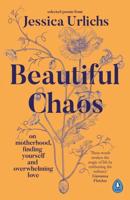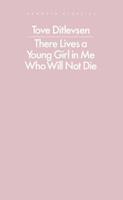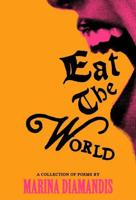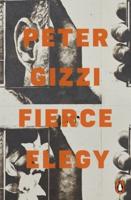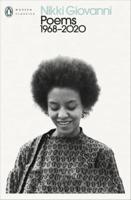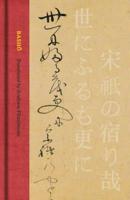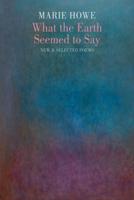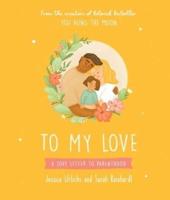Publisher's Synopsis
In The Yellow Room, Amy Gordon has composed a unique poetic songbook about mortality, bravery, and time. The first line of the book-"Stare into the yellow room"-is both directive and guide to the self and the reader, given by a speaker navigating the rocky terrain of living with illness, death, and grief but writing about it with sure-footed grace. Gordon's poems are at once inviting and surprising; they take bold, associative leaps and unpack and remake language and myth. They assert that sometimes there is nothing to do but "invent joy" or "admire the beavers' gnawed sculptures" when faced with the end of a beloved season, or of life itself. In the ecopoem "Bequest," Gordon expresses the desire that the beauty of the natural will last; these poems make good on that impulse. The humor, pathos, and questions in these pages are memorable. The Yellow Room is a collection stunned by the world and its mysteries, aware that sometimes "there are no answers," and yet seeking all the same.
-Rebecca Hart Olander, author of Uncertain Acrobats (CavanKerry Press)In The Yellow Room, Amy Gordon is frank and unafraid to grapple with serious subject matter, and what's more, the collection includes so much beauty. In many of her poems, Gordon paints images, images, images, and then slices in with thoughtful insights and surprising reflections. She trusts the reader, gives us just enough, leaves space for us to think, feel, and interpret. That said, I should mention that Gordon's unafraid of using the imperative, when it's called for, such as in the poem, "Sing to the Boys," in which she writes, "Sing to the boys / that they might step into spring: / see clusters of white crocuses; / fall to their knees and love their lives." I felt full when I finished reading The Yellow Room, full, grounded, moved, and hopeful. I'd been given a gift. And for that, especially now, I'm thankful.-Cindy Snow, author of the chapbook, Small Ceremonies (Slate Roof Press)
It's no accident that The Yellow Room, which opens with the impending grief of the title poem, goes on to give us Van Gogh "trying to ride the wolf inside," "the boys who were never sung to" and the precariousness of our green world. Even in the throes of huge personal loss, this poet is outwardly attentive-and keenly aware of our need to be both clear-eyed enough to acknowledge whatever precipice looms and to be brave enough to "invent joy." This book is a deeply wise and heartening ride.-Ellen Doré Watson, author of pray me stay eager (Alice James Books)

